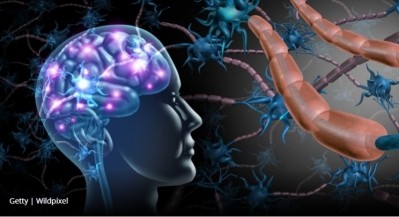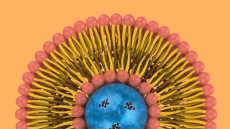Increased B vitamins may ease PMS symptoms: Study
According to a new paper published in the American Journal of Clinical Nutrition, the link between B vitamins and PMS is biologically plausible since B vitamins such as thiamine and riboflavin are known to play important roles in the synthesis of various neurotransmitters involved in PMS.
While most women experience mild emotional or physical premenstrual symptoms, as many as 8-20 per cent of women experience symptoms severe enough to meet the definition of premenstrual syndrome, which can substantially interfere with daily activities and relationships.
The new study, performed by researchers from the University of Massachusetts, Harvard, and the University of Iowa, indicates that increase intakes of certain B vitamins from food sources may help reduce the incidence of PMS.
Study details
Using data from 1,057 women with PMS and 1,968 women without PMS participating in the Nurses’ Health Study II cohort, the researchers found that women with the highest average intakes of riboflavin two to four years prior to diagnosis were associated with a 35 percent lower incidence of PMS than women with the lowest average intakes.
On the other hand, the researchers did not observe any benefits with other B vitamins, including niacin, folate, B6, and B12. In addition, supplemental intakes of these vitamins was not linked to PMS incidence, they added.
“We observed a significantly lower risk of PMS in women with high intakes of thiamine and riboflavin from food sources only,” wrote the researchers. “Further research is needed to evaluate the effects of B vitamins in the development of premenstrual syndrome.”
Other vitamins
Beyond the B vitamins, there is also some evidence for the potential of a diet rich in calcium and vitamin D to lower the risk of developing PMS, a condition that affects up to a fifth of all women.
According to a study published in 2005 in the Archives of Internal Medicine (Vol. 165, pp1246-1252), researchers from the University of Massachusetts and GlaxoSmithKline reported for the first time that calcium and vitamin D may help prevent the initial development of PMS.
Source: The American Journal of Clinical Nutrition
Published online ahead of print, doi: 10.3945/ajcn.110.009530
“Dietary B vitamin intake and incident premenstrual syndrome”
Authors: P.O. Chocano-Bedoya, J.E. Manson, S.E. Hankinson, W.C. Willett, S.R. Johnson, L. Chasan-Taber, A.G. Ronnenberg, C. Bigelow, E.R. Bertone-Johnson
















